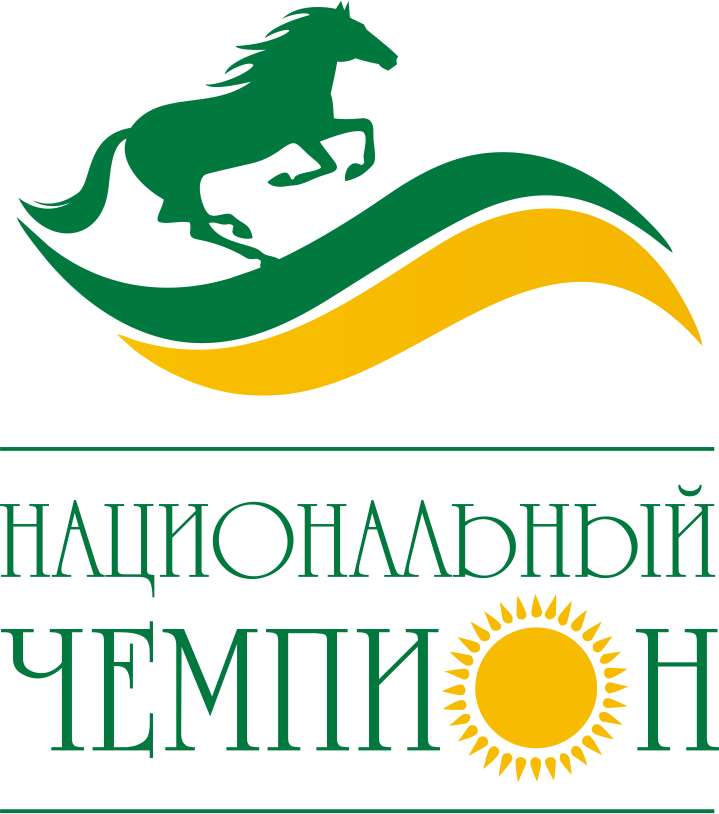National Champions Break Negative Stereotypes About Poultry Meat Production

The leading poultry meat production company in Kazakhstan, AO "Allel Agro", has proven that when done right, the product will be tasty, healthy, and affordable.
Growth Prospects
Already today, the participant of the "National Champions" program, AO "Allel Agro", has firmly established itself as the largest poultry producer in Kazakhstan. Its annual production capacity has reached 34 thousand tons, and it plans to increase production by at least a third in the next three years.
— By 2018, we aim to increase our production capacity to at least 45 thousand tons of poultry meat and capture 23-25% of the total market share for similar products produced by domestic manufacturers in Kazakhstan. But this is not the limit. In our country, around 300 thousand tons of poultry meat is consumed annually. Our local producers supply only half of this amount, which does not meet consumer safety standards of 80%. The rest is imported in frozen form, often consisting of injected (water-filled) chicken legs from the USA, Russia, and Belarus. Unfortunately, the quality of imported poultry often leaves much to be desired due to the presence of injected water, which artificially increases the weight of the meat. We are addressing these issues by increasing the production of local chilled meat, which is healthier, tastier, and fresher than frozen meat. Ultimately, the choice is up to the consumer. Our production ensures that products don’t stay in stock for long. Wholesale buyers are queuing for it. And it's not just our local buyers; part of the production is also exported," says Naim Turdiyev, CFO of AO "Allel Agro".

National Champions
AO "Allel Agro" connects its bold development plans for the coming years with its participation in the "National Champions" program, implemented by Baiterek Holding.
About the Program:
The goal of the "National Champions" program is to create competitive, export-oriented non-resource-based industries in Kazakhstan by forming companies of regional and global scale. The program was developed under the initiative of the President of the Republic of Kazakhstan, Nursultan Nazarbayev, who presented the "National Champions" initiative during the expanded government meeting on May 5, 2015.

Chairman of the Board of AO "Allel Agro", Razia Zhatakpaeva
In 2016, the company plans to secure a loan of 1.9 billion tenge through the "National Champions" program of Baiterek Holding.
— "We intend not only to expand our chilled poultry meat production capacity but also to implement modern sales practices. According to preliminary data, participation in the 'National Champions' program will increase AO 'Allel Agro''s revenue by 19% by 2018," shares the plans for the near future, Razia Zhatakpaeva, Chairman of the Board of AO "Allel Agro".
Currently, AO "Allel Agro" operates 5 poultry farms, a compound feed plant, a slaughterhouse, a sorting terminal, and an incubator in Almaty region. Separate from all these objects is the so-called parent stock, which consists of 300 thousand breeding birds. New facilities are being constructed. According to the company leadership, by 2018 this will create approximately 250 additional jobs.
— "The number might seem small, but it’s very significant for rural areas, where most residents are engaged in agriculture. For example, about 100 people work at the factories of one settlement, not including additional people involved in servicing factory needs. In total, around 140 people. A nearby village has about 1,500 families, so we are providing jobs for about 10% of the local families, and there are 5 such poultry farms. This is already a good indicator," explains Serikbay Sadulov, Director of the N.-Avat Poultry Farm.

From Egg to Table
For a locally produced broiler to reach the table of an ordinary Kazakhstani, many efforts must be made by dozens of people. It starts with an egg from the parent stock, which is delivered to the incubator.
All equipment is from Italy, the Netherlands, Germany, and other Western countries, as "Allel Agro" focuses on European quality standards for poultry meat production.
— "We could, of course, buy, for example, Russian equipment. Yes, it's cheaper, but it doesn't fully meet our requirements. That’s why we buy it in Europe. We strive to adhere to European standards in our production. This will help us strengthen our position not only in the local market but also later on confidently work for export," says Razia Zhatakpaeva, Chairman of the Board of AO "Allel Agro".


The use of the most modern equipment and nearly fully automated processes allows minimizing losses in production. For example, the broiler efficiency index (EPEF) at the company is 340, which meets European production efficiency standards. After sorting, the chicks are delivered to factories by special trucks, with each factory located several kilometers apart to ensure biosecurity. Here, during 42 days, the 40-gram chicks grow into 2.5 kg broilers, which are then delivered to the tables of Kazakhstan's citizens.

Although the term "transform" is not entirely accurate for this production, strict adherence to feeding, ventilation, and other complex processes is overseen by dozens of high-class specialists, many of whom received their education during Soviet times and devoted their lives to the craft, while continuing to learn new solutions under modern conditions.

"It’s crucial for us to follow all the required standards and production stages. Thanks to this, we have dispelled widespread stereotypes about injecting chicken meat with water, using hormones for rapid bird growth, improper thermal processing, and poor bird management on farms. All our products have passed the process of declaration in accordance with the standards and requirements of the Customs Union, ISO standards, ECO, HALAL, and Adal," summarized Tatyana Zhukova, Chief Veterinarian of AO "Allel Agro".
Thus, AO "Allel Agro" is one of the few Kazakhstani companies that exemplifies a "National Champion." By using local Kazakhstani raw materials and implementing modern global production practices, it not only promotes agriculture, creates jobs, but most importantly—feeds the country.


